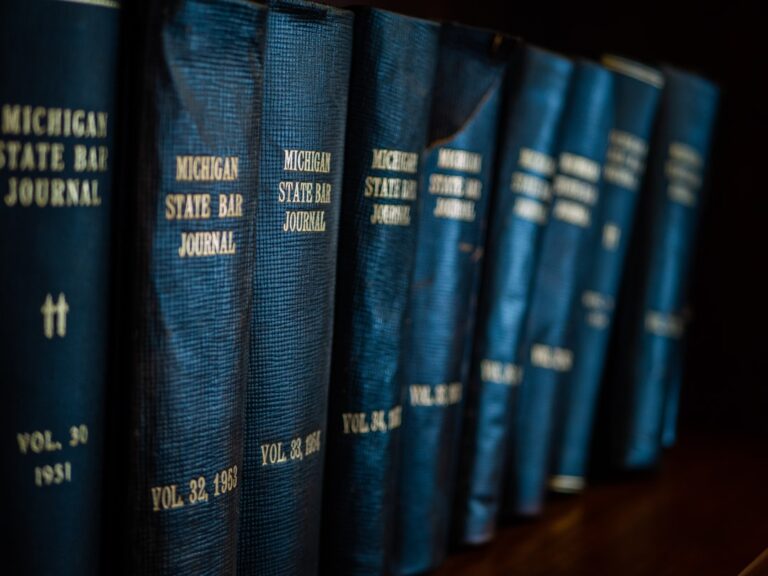Dayton, Ohio schools' "Passing the Trash" policy, which sends non-biodegradable waste to landfills instead of promoting recycling, has sparked debate between environmental advocates and critics concerned about student well-being and potential abuse. Ohio school abuse law firms are actively challenging these practices, protecting students' rights and fostering safer learning environments. Community activism, led by residents and activists, has resulted in policy changes, demonstrating the power of collective action against harmful educational practices.
Dayton’s fight against “passing the trash” policies in local schools has sparked a movement. This controversial practice, where students are tasked with cleaning up waste left by others, raises significant concerns about student well-being and rights. The article delves into the debate, exploring Ohio school districts’ implementation of waste management strategies, the role of advocacy from local law firms, and community efforts to expose potential school abuse while championing positive change for students.
Understanding Dayton's Passing the Trash Controversy

In recent years, Dayton, Ohio has been at the center of a heated debate regarding “Passing the Trash” policies in local schools. This controversial practice involves students being responsible for disposing of their own trash, including recycling and compostable materials. Advocates argue that it fosters environmental responsibility, while critics contend it’s an unfair burden on children and may contribute to school abuse.
The controversy has sparked action from concerned parents, community members, and even Ohio school abuse law firms. They argue that such policies can create a toxic environment, both physically and emotionally, for students. The debate highlights the complex balance between instilling environmental stewardship and ensuring student well-being within educational institutions.
Local Schools and the Impact of Waste Policies

Local schools in Dayton, Ohio, have been at the forefront of a significant movement against what many term as “Passing the Trash” policies. These practices involve sending non-biodegradable waste materials to nearby landfills, contributing to environmental degradation and raising concerns among parents, students, and local community members. Environmental advocates and school abuse law firms in Ohio highlight that such policies undermine sustainable practices and fail to educate young minds about responsible waste management.
The impact of these waste management decisions extends far beyond the schools’ grounds. By adopting policies that prioritize landfill disposal over recycling and composting, schools contribute to a cycle of pollution and environmental harm. Many residents and activists argue that educating students about eco-friendly alternatives can foster a sense of accountability towards the environment, setting important precedents for their future actions as responsible citizens.
Ohio Law Firms Step Up for Student Rights

In response to the growing concern over “passing the trash” policies in local schools, Ohio law firms are stepping up to protect student rights. These legal professionals are dedicated to ensuring that educational institutions prioritize the well-being and dignity of their students, free from abuse or exploitation. By taking a stand against such practices, they send a strong message that no child should bear the brunt of inadequate waste management systems within their learning environments.
Ohio’s law firms are leveraging their expertise in education law to challenge policies that permit the harassment or embarrassment of students over waste-related issues. Their collective efforts aim to hold schools accountable and promote fair treatment for all students, fostering a safer and more respectful atmosphere where learning can thrive without the added stress of unnecessary shame or bullying.
Uncovering School Abuses: A Community Effort

In recent years, a growing concern has emerged within the Dayton community regarding potential instances of school abuse, particularly focusing on policies that encourage or facilitate the transfer of students between schools. Known as “passing the trash,” this practice involves moving problematic students to different institutions, rather than addressing the underlying issues. Local activists and concerned parents have joined forces to uncover and expose these practices, often involving collaboration with Ohio school abuse law firms. Through diligent research and community engagement, they’ve brought to light instances where students were unfairly shifted due to behavioral or academic challenges, sometimes without proper support or accommodations.
This collaborative effort has led to increased awareness among residents, fostering a sense of collective responsibility to protect the well-being of Dayton’s youth. By working together, the community is better equipped to advocate for policies that prioritize student safety and academic success rather than simply shifting problems from one school to another. This grassroots movement underscores the power of community engagement in holding educational institutions accountable.
Fighting for Change: Strategies and Success Stories

Dayton residents have been actively fighting against harmful “passing the trash” policies in local schools, working tirelessly to protect students from potential abuse. This initiative has garnered significant attention and support from various Ohio school abuse law firms, who are dedicated to advocating for children’s rights. Their strategies involve community organizing, legal actions, and raising awareness through public campaigns.
One of the key success stories includes a recent settlement where a Dayton-based law firm successfully represented several students who had suffered emotional trauma due to these policies. The firm’s efforts led to policy changes in multiple districts, setting a precedent for safer practices across Ohio. This victory demonstrates the power of collective action and legal expertise in addressing school abuse issues, inspiring further advocacy and positive transformations.






